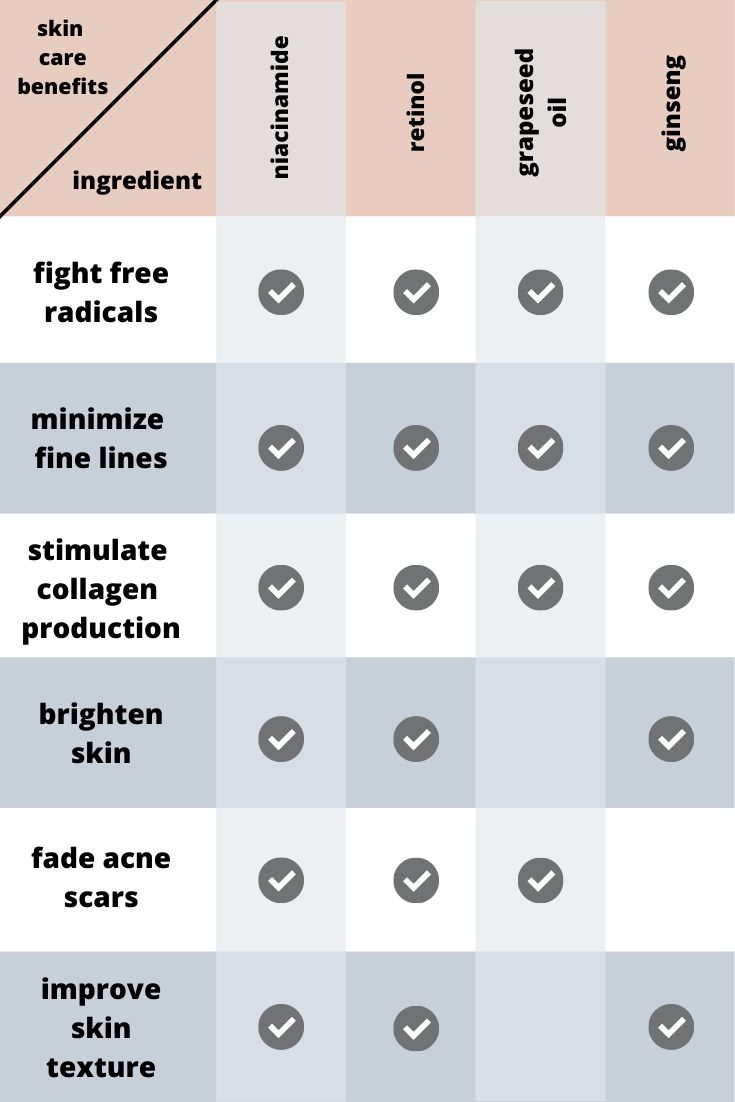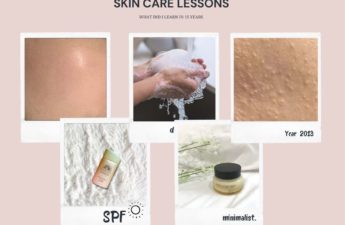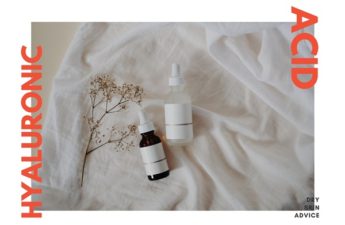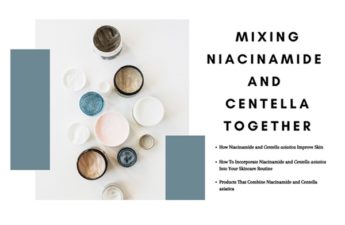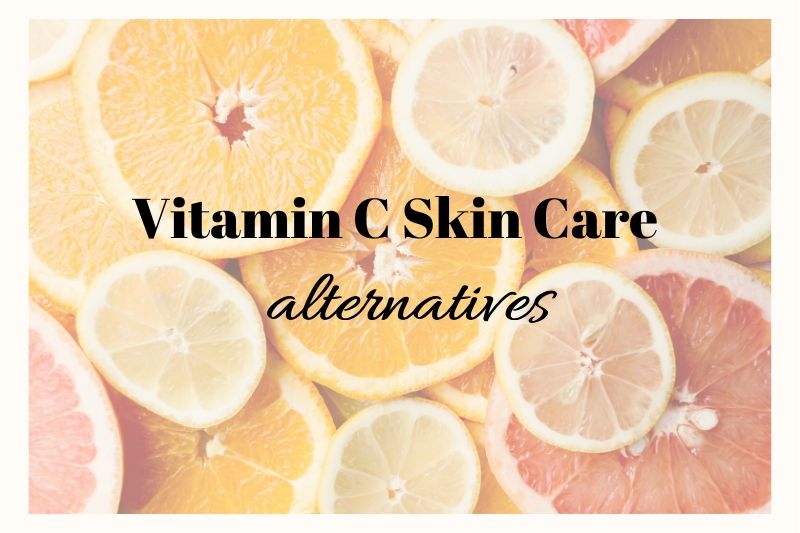
Vitamin C is like the superhero ingredient in your skincare routine. It delivers significant results on your skin once you incorporate it into your skincare regime. However, it does have its own drawbacks. Just like the superhero in the movie, it improves your skin overall but with some ‘collateral damage’ on some skin types, unfortunately. It can trigger sensitivity, redness even burning sensation on the skin due to its potency and low ph level.
Vitamin C Skincare Benefits
- fight free radicals
- minimize fine lines and wrinkles
- stimulate collagen production
- skin brightening
- fade acne scars
- smooth uneven texture
As you can see, Vitamin C is a strong anti-aging ingredient that can tackle multiple skin problems. This is exactly why almost everyone wants to try Vitamin C on their skin. Vitamin C might be the ingredient for you if you are looking for an ingredient with anti-aging properties. In addition, it also helps fade acne scars and brown spots.
Fight Free Radicals
Free radicals are unstable molecules that will damage our skin cells. It exists in our daily life, from the food we ate, the air we breathe and the water we drink. In short, it is impossible to avoid free radicals completely. They caused our skin premature aging and look fatigued. Vitamin C is one of the most powerful antioxidants that can slow down free radical production. Antioxidants can stop free radicals binding with healthy skin cells. Therefore, it slows down the free radical process and keeps your skin healthy.
Minimize Fine Lines and Wrinkles
Fine lines are early signs of aging and they will slowly develop deeply on the skin and turn into wrinkles. Vitamin C smooth out fine lines and minimize wrinkles, keep your skin healthy and plump. Wrinkles and fine lines are stubborn aging signs that difficult to remove completely. Therefore, prevention is always better than cure, if you spot any fine lines on your face, you should start using anti-aging skincare products as soon as you can.
Stimulate Collagen Production
Collagen is naturally produced by our bodies. But as we grow older, the production of collagen also slows down. Collagen supports our skin by reversing signs of aging. It keeps our skin stay youthful and firm. That being said, if your skin lack of collagen, it will lose its elasticity and become loose. Vitamin C has the ability to stimulate collagen production when you use it regularly. In return, you will get a noticeably firmer and radiance skin.

Skin Brightening
There are many reasons can lead to dull and fatigued skin. For example, stress, poor diet and lack of sleep. Want a bright and radiance complexion? Vitamin C is a powerhouse ingredient that will brighten your skin tone. It will banish dull skin because it is a strong antioxidant. It protects your skin from external aggressors and prevents environmental damage.
Fade Acne Scars
Acne is a common skin problem that can occur on any skin type and any age group. Well, combating acne is never easy. It is a long battle that you have to be consistent and patient to see results. However, vitamin C skincare can definitely help to shorten the time for healing especially acne scars. It helps to accelerate the healing process and boost the skin’s immune system. Your acne will heal faster and so does your acne scars.
Smooth Uneven Texture
Do you ever experience uneven skin texture? It is not as obvious as acne skin, but people can notice from a close distance as well. In addition, you can feel your skin is bumpy if you touch your face. Uneven skin texture is mostly caused by excess dead skin cells on the skin. Vitamin C acts like a gentle exfoliant that will get rid of excess dead skin cells. Your skin will always look smooth and glowy.

Drawbacks of Vitamin C
- oxidized easily
- highly sensitive to light and air
- crash with other ingredients
- irritate sensitive skin
Even though vitamin C bring countless benefits to the skin, but it has its drawbacks too. Vitamin C is highly sensitive to light and air. If your vitamin C skincare always exposes to light and air, they will expire easily. In addition, they do oxidize quite easily due to its acidic pH level. If your vitamin C changed color or scent, it’s a sign that indicating your vitamin C skincare begun to oxidize. Moreover, its strong acidic pH level also easily caused irritations on sensitive skin. Last but not least, vitamin C is a highly unstable ingredient that can be hard to work with as it can crash with many other ingredients such as retinol and Benzoyl Peroxide. When both of the ingredients are used together, it counteracts each other’s effects.
Alternatives
If you love vitamin C skincare but it’s not for your skin type or you would love to explore other options. Keep on reading. I’ve been researching and found these ingredients bring similar benefits to your skin just like vitamin C.
- niacinamide
- retinol
- grapeseed oil
- ginseng
Niacinamide
Niacinamide is the best alternative you can use on your skin. This powerful ingredient can bring major benefits to your skin such as brighten your skin and minimize fine lines. When it is used topically, niacinamide also a potent antioxidant that can neutralize free radical production. It is much more stable than vitamin C and less likely to crash with other skincare ingredients. Though it is deemed a gentle ingredient, you should always start from the lowest percentage and slowly build your skin tolerance.
Related Article: Can You Use Hyaluronic Acid & Niacinamide Together?
Related Article: How To Exfoliate Dry Skin
Retinol
Much like vitamin C, retinol is well known as an effective anti-aging ingredient that can significantly improve aging-related skin problems such as fine lines, dark spots and sagging skin. Moreover, it also helps cure acne and lighten acne scars. Retinol increases skin cell’s turnover rate and stimulate collagen production. However, due to its potency, it might not be the ingredient for sensitive skin. It might irritate your skin. But it is much stable as it will not oxidize quickly like vitamin C.
Grapeseed Oil
If you looking for an ingredient that is more gentle and for every skin type, grapeseed oil might be the one for you. Grapeseed oil is a light oil that will not clogged pores and absorb into your skin instantly without feeling greasy. It contains vitamin E and Omega-6 fatty acids that will slow down free radicals and improve your skin. Omega-6 fatty acids also support your skin barrier function. That being said, your skin is protected and strengthen. It also increases collagen production and fades acne scars. This ingredient is ideal for most skin types. In addition, it is easy to use as it pairs well with other ingredients.
Related Article: How To Choose The Perfect Facial Oil for Your Skin
Related Article: Should I Use an Eye Cream or Eye Serum?
Ginseng
If you are a k-beauty enthusiastic, you probably have seen ginseng skincare products from almost any brand. This ingredient has been used and trusted by Koreans for many many years. This potent ingredient is a strong antioxidant that protects your skin from free radical damage and brightens your complexion. Besides, ginseng also improve your blood circulation and help the skin to glow from within. It is also a great anti-aging ingredient as it stimulates collagen production and diminishes fine lines and wrinkles. In addition, you also can find this ingredient formulated in eye creams and serums. It is because of it depuff your eyes and lighten dark circles. Moreover, ginseng has a very natural and soothing scent that will relax your skin too.
